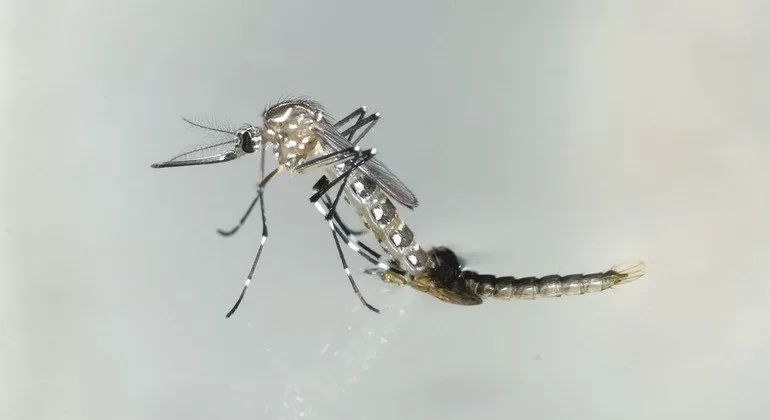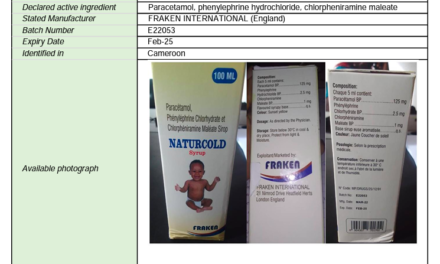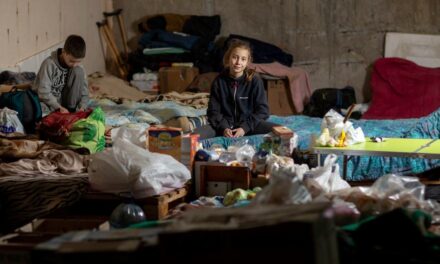The Pan American Health Organization (PAHO) issued a stark warning regarding the ongoing dengue epidemic in the Americas, emphasizing that the current tetravalent dengue vaccine TAK-003 from Takeda is unlikely to control the surge in cases. With a record increase in dengue cases reported across the region, PAHO stressed the urgent need for alternative strategies to combat the epidemic effectively.
According to PAHO, the Americas have witnessed a staggering threefold rise in dengue cases during 2024 compared to the same period in 2023, totaling approximately 3.5 million cases. Dr. Daniel Salas, executive manager of PAHO’s Comprehensive Immunization Program, underscored that while vaccines play a role in disease prevention, they should be complemented with other essential measures such as field operations, vector control, prevention, and education.
PAHO’s director, Dr. Jarbas Barbosa, echoed these sentiments, stating that existing vaccines are not the optimal solution to reduce dengue transmission and prevent fatalities. Despite a low fatality rate below 0.05%, maintaining this figure could prove challenging if the epidemic worsens.
The TAK-003 vaccine regimen, comprising two doses administered three months apart, falls short of controlling transmission due to its prolonged vaccination timeline. PAHO officials highlighted the Butantan-DV vaccine, developed in Brazil in partnership with MSD, as a promising alternative. With phase 3 trials underway, Butantan-DV offers the advantage of a single-dose application, potentially expediting its deployment in high-transmission settings. However, Barbosa cautioned that the vaccine may not be available until 2025.
Moreover, PAHO stressed the importance of evaluating vaccine effectiveness and safety in real-world settings, particularly concerning the limited efficacy data against certain dengue serotypes. Dr. Sylvain Aldighieri, director of PAHO’s Department of Prevention, Control, and Elimination of Transmissible Diseases, emphasized the necessity of intensifying efforts with existing tools, including vector control and public education, to mitigate the epidemic’s impact.
While dengue cases surge throughout Latin America and the Caribbean, Brazil, Paraguay, and Argentina emerge as the most affected countries, collectively representing 92% of cases and 87% of deaths reported to PAHO.
As the region grapples with the escalating dengue crisis, PAHO underscores the importance of a multifaceted approach, combining vaccination with robust public health measures to stem the tide of the epidemic and safeguard the population’s health.












